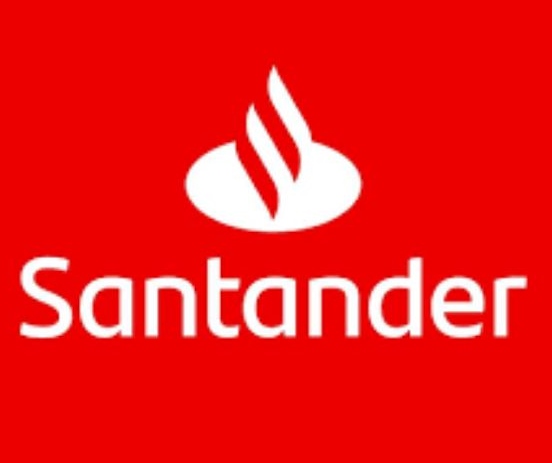CONCORD - New Hampshire's Attorney General and Bank Commissioner Gerald H. Little announced today that New Hampshire has joined a multistate settlement agreement with Santander Consumer USA Inc. (Santander).
The agreement includes direct relief to consumers, totaling $550 million nationally, and even more relief in the form of additional deficiency waivers. The settlement will result in more than $3 million in direct relief for New Hampshire consumers.
Thursday's settlement stems from a multistate investigation by 34 attorneys general of Santander's subprime lending practices. The attorneys general allege that Santander, through its use of sophisticated credit scoring models to forecast default risk, knew that certain segments of its population were predicted to have a high likelihood of default. Santander exposed these borrowers to unnecessarily high levels of risk through high loan-to-value ratios, significant backend fees, and high payment-to-income ratios.
The attorneys general also allege that Santander's aggressive pursuit of market share led it to underestimate the risk associated with loans by turning a blind eye to dealer abuse and failing to meaningfully monitor dealer behavior to minimize the risk of receiving falsified information, including the amounts specified for consumers' incomes and expenses.
Finally, the state investigators allege that Santander engaged in deceptive servicing practices and actively misled consumers about their rights, and risks of partial payments and loan extensions.
Under the settlement, Santander is required to provide relief to consumers and, moving forward, is required to factor a consumer's ability to pay the loan into its underwriting. The specific terms include the following:
· Santander will pay $65 million to the 34 participating states for restitution for certain subprime consumers who defaulted on loans between Jan. 1, 2010 and Dec. 31. The payment to New Hampshire will be $427,649, which will go directly to affected consumers as restitution. New Hampshire consumers who have been impacted will be notified if they are to receive restitution in the coming months.
· For consumers with the lowest quality loans who defaulted as of December 31, and have not had their car repossessed, Santander is required to allow them to keep their car and waive any deficiency balance on the loan, up to a total value of $45 million in deficiency waivers. Santander will also pay up to $2 million for restitution claims, and pay an additional $5 million to the states. Santander will pay $30,000 to New Hampshire to settle allegations of unfair and deceptive business practices.
· Santander has agreed to waive the deficiency balances for certain defaulted consumers, with approximately $433 million in immediate forgiveness of loans still owned by Santander, and additional deficiency waivers of loans that Santander no longer owns but is required to attempt to buy back. In New Hampshire, Santander will waive more than $2.6 million in deficiency balances.
· Santander is prohibited from extending financing if a consumer has a negative residual income after taking into consideration a list of actual monthly debt obligations.
· Santander is required to test all loans that default in the future to see if the consumer, at the time of origination, had a negative income. The test must include an amount for basic living expenses. If the loan is found to be unaffordable and the consumer defaulted within a certain amount of time, Santander is required to forgive that loan.
· Santander is barred from requiring dealers to sell ancillary products, such as vehicle service contracts. Santander will implement steps to monitor dealers who engage in income inflation, expense inflation, and power booking, and Santander will enact additional documentation requirements for those dealers. Further, whereas Santander previously allowed these problematic dealers to waive documentation requirements on income and expenses, Santander no longer will allow such exceptions. If Santander has to use a default mortgage or rent payment value, the amount calculated must reasonably reflect the payment value for the geographic location.
· Santander will maintain policies and procedures for deferments, forbearances, modifications and other collection matters that all employees must follow.














